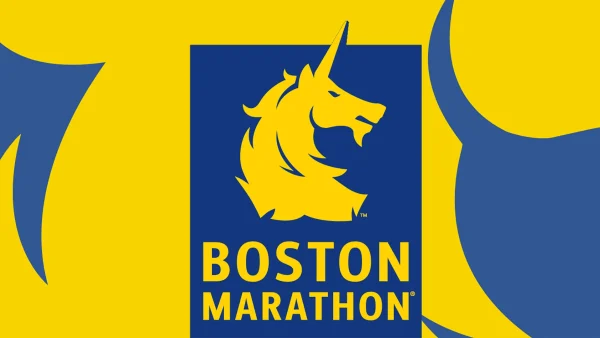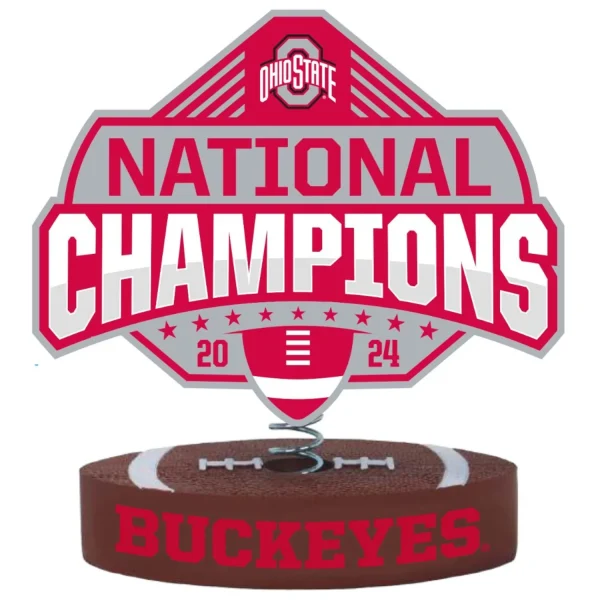Drama in Iowa
If you haven’t been living under a rock, you probably have heard all about the caucus in Iowa this past week. In fact it’s everywhere, from the television to even the radio, the country is buzzing about the caucus.
But…what is the caucus? Why is it even that important? Well, you’ve come to the right article because I am going to dive into politics with you my reader and indulge you on the process of the caucus.
First off the caucus is like the primaries in each state where members of a party get together to decide policy or (in this case) to select candidates for an election such as the one coming up in November. However, the caucuses are only done in a few states and are more as a social aspect than anything else.
Men and women across the state come in to vote for someone in their party, and it gives information on who is voting for whom and why.
Once the data is gathered through a process (the Democratic Party is a longer process but that’s a story for another day) it is released to the public as a prediction for who might win the actual election, although it is not always accurate.
However it is not like the primaries who pick the delegates who then choose the candidates for both parties.
The reason why Iowa is important, however, is because Iowa is not only a swing state, but mainly that it is the first caucus and gives a small look into the voting population. While it is used for this purpose it is not entirely accurate, as Iowa is not racially diverse as per say New York where other candidates might find better odds.
Here at Lenoir City junior Jonathan Smith is still undecided about both on how he feels for the caucus, or the candidates.
“I don’t like any of the candidates,” said Smith, “I’m glad Trump didn’t win, but I don’t know if Cruz will do well because he is an outsider, and just going against someone like Hillary is difficult.”
However, Smith does not just feel unsure about the Republicans but the Democrats as well.
“Between Bernie and Hillary I don’t know. I don’t really like Hillary because she is super shady, and Bernie is a socialist and I can’t get over that,” said Smith.
While the results of the caucus have long come in, it has come to light that not all the percentages were counted for the Democratic party. Meaning that Sanders- who lost to Hillary by just a hair- could have possibly won.
“The thing about the caucus that makes me mad is that a certain percentage hasn’t been counted and because of that Clinton won,” said Smith.
At the end of the day Ted Cruz won it for the Republicans, and Hillary Clinton for the Democrats.
Overall the caucus goes as follows:
Republicans: Democrats:
Cruz 27.6% Clinton 49.9%
Trump 24.3% Sanders 49.6%
Rubio 23.1% O’Malley 0.6%
Carson 9.3%
Paul 4.5%
Bush 2.8%
Fiorina 1.9%
Kasich 1.9%
Huckabee 1.8%
Christie 1.8%
Santorum 1%
Gilmore 0%
While it is not that shocking that Clinton won in her party (mind you barely), it has been startling to some on how well Cruz and Rubio did over the ever popular Trump. With Cruz three points ahead and Rubio barely even a point behind.
This is a significant win to both of them, as they now are seen in a new light not only in the race but to voters themselves.
The next caucus will take place in New Hampshire, and the candidates are furiously campaigning to win over the swing state.
But with this uncertainty in people such as Smith, are the candidates really selling themselves?
Many questions have surfaced but one above has stayed true this entire time.
Who is the right choice for president?
Sources for this article: lifehacker.com’s What are Caucuses and How do they Work, google.com’s Caucus Results








